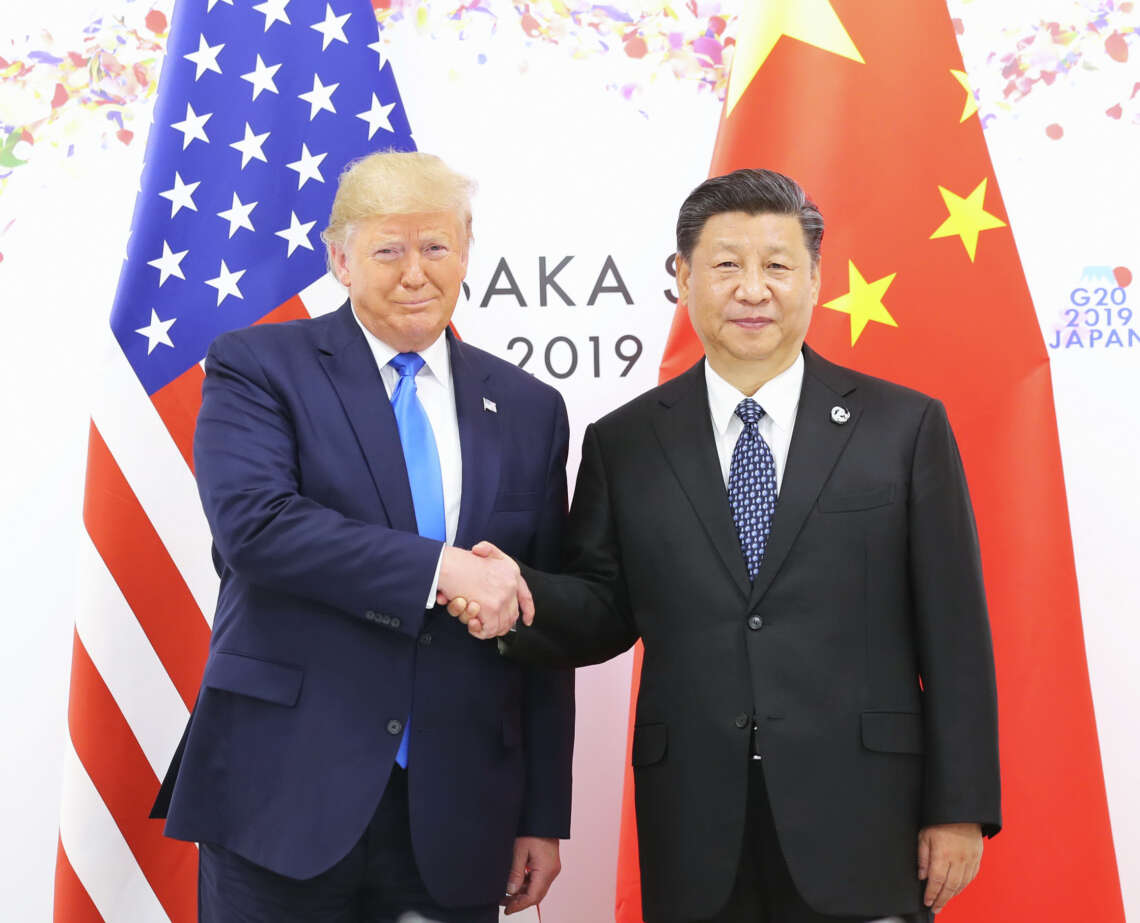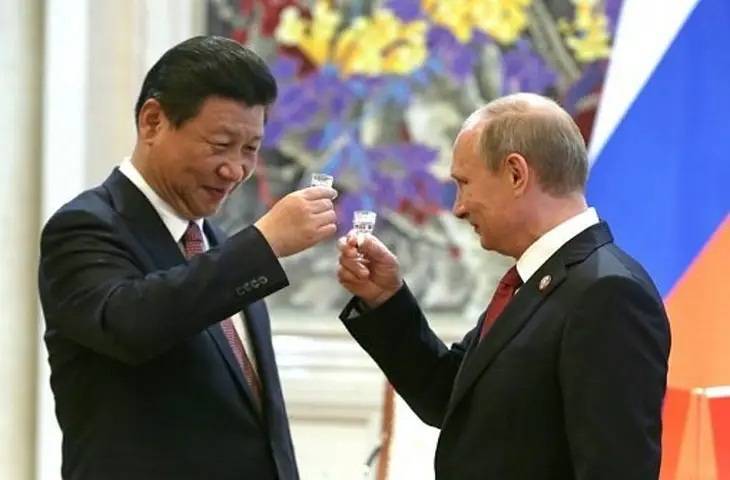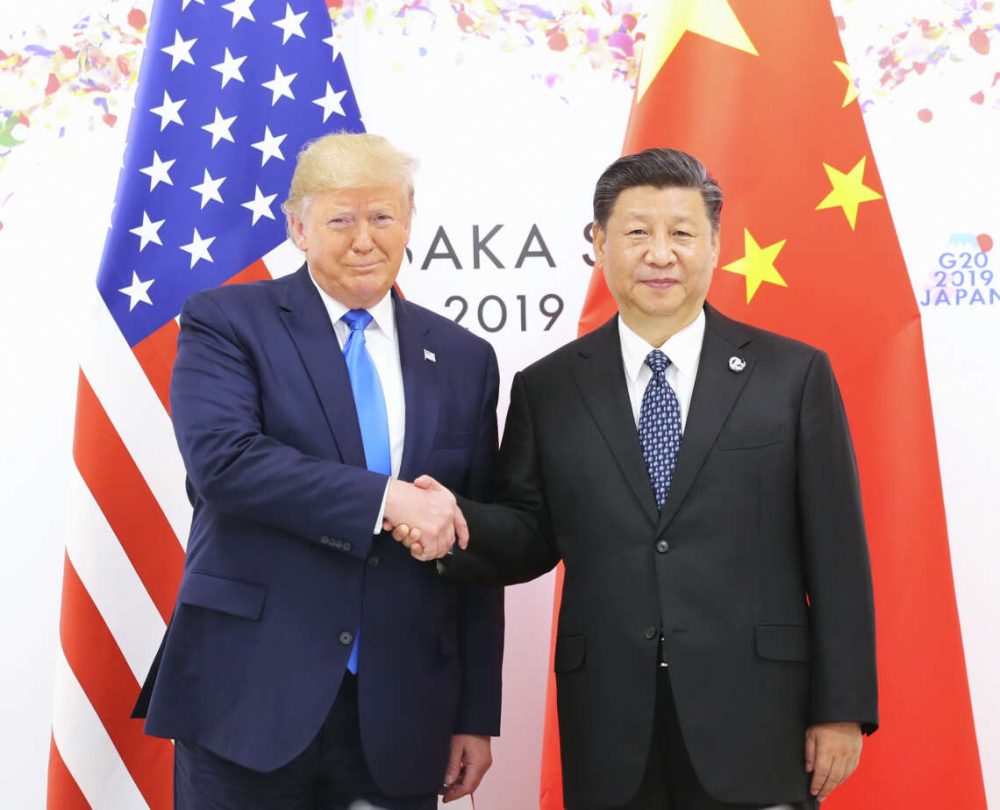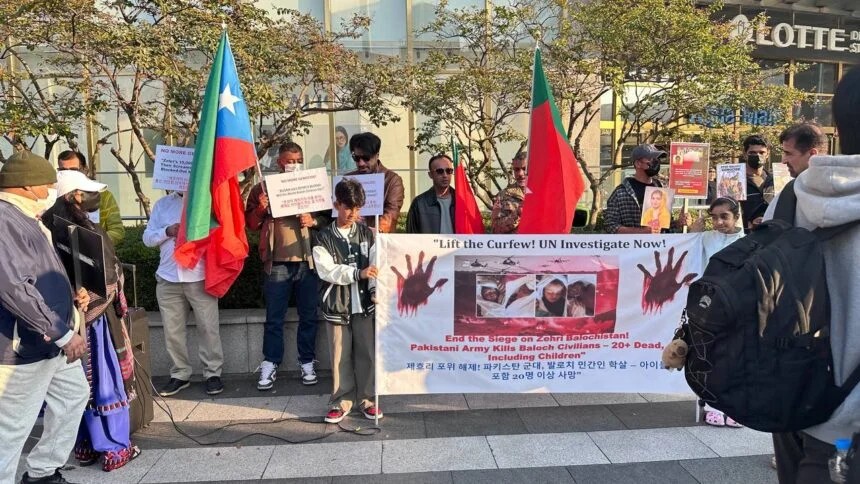The reports the Chinese Communist Party has a problem with women of Asian descent who have public platforms, opinions and expertise on China….reports Asian Lite News
China journalists and other analysts are facing a coordinated and large-scale online information campaign against high-profile journalists at media outlets including the New Yorker, The Economist, the New York Times, and others, according to a new report, which states that women of Asian descent face the worst of the disdain.
“This kind of targeted trolling that female activists and journalists are facing has become so vicious, so concerted that it is driving some either off social media altogether or to practice some degree of self-censorship,” said Mei Fong, chief communications officer at the non-governmental organization Human Rights Watch (HRW). She told VOA that the campaign aims “to viciously silence those speaking truth to power.”
Fong is among the women named in the ASPI report who have faced the latest slate of harassment.
“This campaign shows that the Chinese government is very likely increasing the sophistication of the campaigns that harass these women,” said ASPI researcher Albert Zhang, who co-authored the report. “I can’t imagine being on the receiving end of these types of activities.”
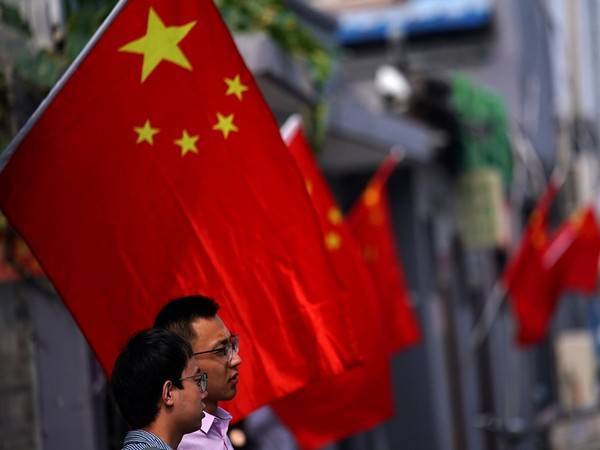
The Canberra-based think tank determined that the inauthentic Twitter accounts behind the operation are likely another iteration of “Spamouflage,” a pro-Chinese Communist Party (CCP) network that Twitter attributed to Beijing in 2019.
According to VOA, the goal of the current campaign is to discredit women’s work in the eyes of both domestic and international audiences. The strategy goes well with Beijing’s broader global media effort to improve its reputation around the world by influencing coverage in its favour and quelling criticism.
The reports the Chinese Communist Party has a problem with women of Asian descent who have public platforms, opinions and expertise on China.
“In an effort to counter the views and work of these women, the CCP has been busy pivoting its growing information operation capabilities to target women, with a focus on journalists working at major Western media outlets,” it said.
Based on open-source information, ASPI assesses the inauthentic Twitter accounts behind this operation are likely another iteration of the pro-CCP ‘Spamouflage’ network, which Twitter attributed to the Chinese government in 2019.
Hundreds of accounts in this network have been created with the sole purpose of targeting these women; some target one woman while others target multiple women at a time. This latest campaign, in both English and Mandarin, includes a spectrum of psychological abuse, harassment, mass trolling and threats.
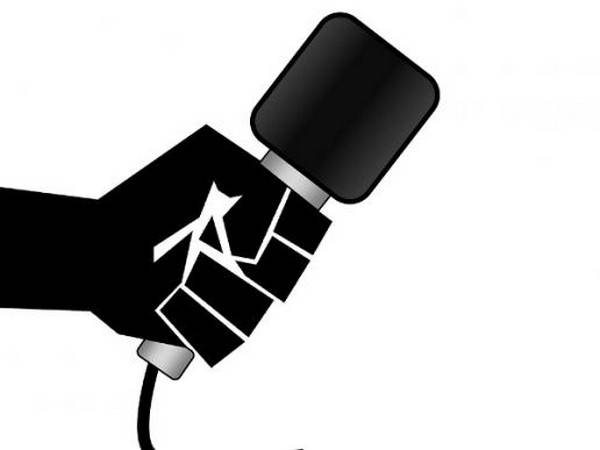
The report states that some women have been bombarded with tweets on a range of topics, frequently from spam accounts accusing the target of fake news or anti-China coverage, though the tweets are often not personalised.
“Other parts of the campaign are far more sophisticated and tailored. A number of women of Asian descent are being targeted by a widespread, coordinated, intimidating and malicious campaign that has been crafted to be highly personal, abusive and threatening. Content has been tailored to their individual circumstances, covering their work and personal lives. This would have required extensive surveillance of targeted individuals in order to tailor these tweets and their messaging,” it adds.
The think tank goes on to state that this isn’t the first time the CCP has targeted women online. “Within China, women have been abused, censored, deplatformed, and sometimes even arrested for their work on women’s rights, for example. Journalists working in China have long been targeted by authorities,” it adds.
According to ASPI, social media platforms need to urgently shift their thinking and move from taking down these campaigns though a defensive ‘whack-a-mole’ approach, to a more pre-emptive and proactive stance.
“Platforms and governments need to work more collaboratively to build the infrastructure, capability and deterrence measures necessary to respond to cyber-enabled foreign interference and digital transnational repression,” it adds. (ANI)



